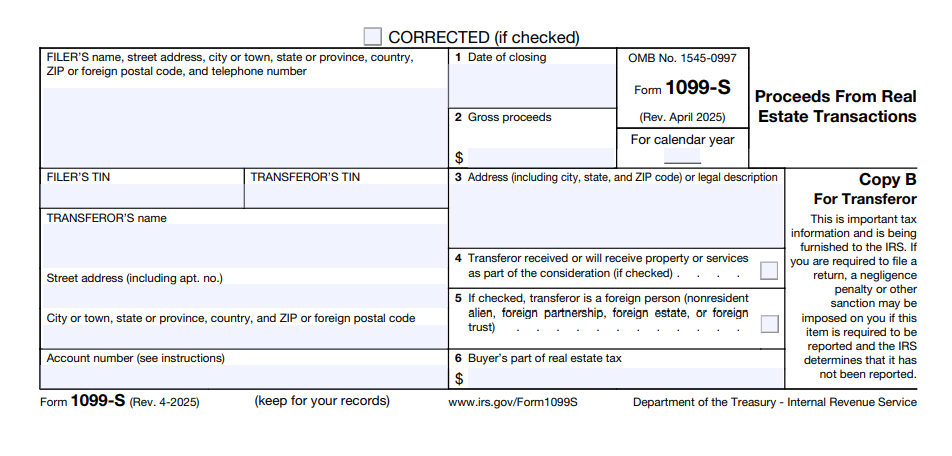Did you know that the rates for refinancing a 30-year mortgage in Illinois are some of the lowest in the US, at between 6.87% and 7.15%? Illinois homeowners can get lower interest rates, reduce monthly payments, or access their home equity through refinancing.
As with any major financial decision, it’s important to know the rules and laws that govern the refinancing process in your state. Refinancing a home loan in Illinois comes with specific legal steps and consumer protections.
In this article, we’ll break down what Illinois refinance laws mean for you, how they affect your options, and what you need to do to make sure your refinance goes smoothly and is legal.

Understanding Illinois Mortgage Disclosure Requirements
Understanding the Illinois Residential Mortgage License Act helps you grasp the key information related to refinancing. Your lender must provide a Loan Estimate within three business days of your application, outlining key costs and payment terms. You’ll also receive a Closing Disclosure before closing. Be sure to review it carefully so you’re not caught off guard at closing.
Real estate lawyer Edward Lear says while it is not legally required to have a real estate lawyer when you’re in the process of refinancing your home, a lawyer can help ensure compliance with regulations.
Key Regulations for Refinancing in Illinois
A mortgage refinance offers several benefits, but specific Illinois laws and guidelines must be followed before undertaking it. Under the Illinois Mortgage Act, lenders must fully disclose all loan terms before closing. This information is provided in the Closing Disclosure, which outlines fees, terms, and final costs.
There is also the Illinois Homeowner’s Emergency Mortgage Assistance Program (HEMAP) for affected homeowners with delinquent loan payments.
Since interest rates fluctuate, some refinancing terms may carry higher risks depending on the loan agreement. Be sure to review your rights as a borrower under Illinois and federal law to avoid confusion during the refinancing process.
Before you finalize your decision, it’s important to consider potential costs like prepayment penalties.
The Impact of Prepayment Penalties
If you choose to refinance, you may face a prepayment penalty. Normally, these fees attached to a prepayment come into play if mortgage payments are done early, which diminishes some benefits of refinancing. Check whether your current loan includes any prepayment penalties.
If you are refinancing to cut down your interest rates or shorten your loan term, figure out whether the savings will be worth the penalty charges incurred. Just make sure the option you choose aligns with your financial goals.
The Role of the Illinois Department of Financial and Professional Regulation
Understanding the rules around refinancing is a must, and that’s where the Illinois Department of Financial and Professional Regulation (IDFPR) comes in.
The IDFPR licenses and regulates financial entities to ensure their operations lie entirely within state law. A refinance with any of these licensed lenders is operating under these laws and regulations. These regulations are designed to protect consumers from fraud or unfair practices.
They can provide resources and information about refinancing. This includes consumer protection resources and complaint-filing procedures. If you are having an issue, you can contact the IDFPR for assistance or to file a complaint.
Tips for a Smooth Refinancing Process in Illinois
Refinancing in Illinois can go smoothly if you follow a few key steps.
- Get all the documentation you need, including income statements and a credit report. Your lender will need to evaluate your income, debts, and overall financial profile.
- Shop around for rates—another lender might offer better terms that could significantly boost your savings.
- It’s smart to understand the different fees involved, for they vary widely. Remember to get your rate locked once you find a beneficial one.
- Stay in touch with your lender to ensure any doubts or questions can be addressed on time.
With the right preparation and understanding of Illinois laws, refinancing your home can be a smart and seamless financial move.




